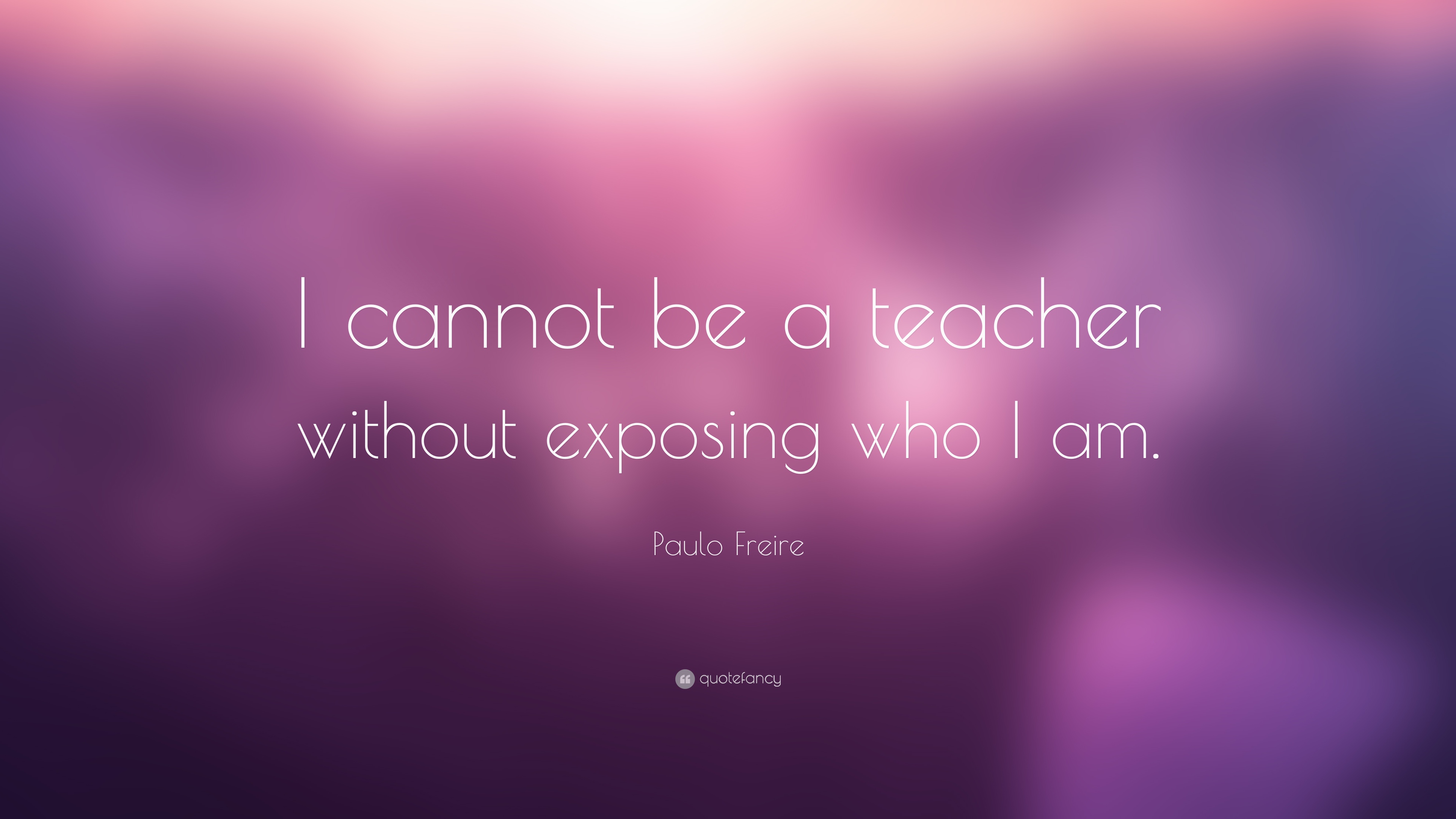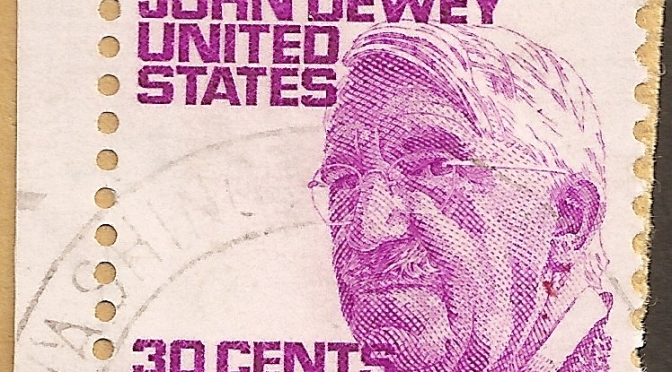This is the second in a series of blogs on the key philosophers of education. Part 1 can be found here.
Michel de Montaigne
Whilst sounding like she might be a woman, Michel de Montaigne is actually a dead white man – a group who seem to dominate the philosophy of education throughout history, which is quite impressive given that they are all dead. Born to an incredibly wealthy family in 1533, Montaigne went on to become one of the most prominent and influential philosophers of the French Renaissance.
He is famous for inventing the essay, and as such is the scourge of students ever since. Before he invented the essay, all clever ideas had to be communicated via pictures, charades, or in singular messages of just 280 characters.
Montaigne’s own education was an interesting one. Soon after he was born, his father sent him from the family chateau to go and live with a peasant family in a local village for three years, to cultivate in him an empathy for the poor and to “draw the boy close to the people, and to the life conditions of the people, who need our help”. It’s merely a coincidence that the infant Montaigne was shipped off to live with another family during the period of his life that involved night feeds, teething and ‘the terrible twos’.
When Montaigne returned to the family chateau at the age of three, his father insisted that he learn Latin as his native tongue, probably because “I done a poo” sounds much more sophisticated in Latin. He was sent to a prestigious boarding school from six years of age. When he had mastered the curriculum by the age of thirteen, he left the school to enter university. This seems impressive, but let’s not forget that Doogie Howser had managed to complete medical school and was a practising physician by the time he was 14, so Montaigne isn’t all that.
Whilst at boarding school, Montaigne studied a humanistic curriculum comprising of grammar, rhetoric, history, poetry and moral philosophy, built largely on a Classical model of education. Yet, despite benefiting from being taught an impressive body of knowledge himself, his own philosophy of education for others was rather different. Montaigne suggested that, “in true education, anything that comes to our hand is as good as a book: the prank of a page-boy, the blunder of a servant, a bit of table talk— they are all part of the curriculum.” This is perhaps the best argument I’ve ever seen against a knowledge-rich curriculum: Montaigne benefitted from one and yet still came out with the daft idea that “the blunder of a servant” is “as good as a book”.
Montaigne went on to be very critical of academics, once remarking that, “I prefer the company of peasants because they have not been educated sufficiently to reason incorrectly.” Of course, Montaigne himself was very well educated so make of that reasoning what you will.
Elsewhere, Montaigne wrote in his essay, ‘On repenting’, that “I am not teaching, I am relating”, which is exactly the sort of annoying smart-arse slogan that you see in people’s Twitter bios right before you click ‘mute’.
John Dewey
Born as one of a set of triplets in 1859, Dewey went on to become more famous than his brothers Huey and Louie. He is now considered one of the most influential educational thinkers of the 20th century. To get a sense of his significance, he’s right up there alongside Johnny Ball and Mr. Belding.
Like many philosophers of education, Dewey began his career as a classroom teacher, spending two years teaching in a secondary school and one year teaching in a primary school. And like many education academics, he very soon decided that he’d much prefer telling people how to teach rather than being a teacher himself. However, with as many as three years of teaching under his belt before moving on, Dewey managed to inoculate himself against the kind of criticism that many Teach First candidates regularly have levelled at them for serving just two years in teaching.
During his career as an academic, he published over 700 articles and about 40 books, which, let’s be honest, is too many. But at least I know that you haven’t read everything that he wrote, so I can play fast and loose with the truth here. Among his many achievements, Dewey was in the original line-up of the Sugababes, as well as being the inventor of the Corby Trouser Press.
Most significantly, Dewey was a proponent of experiential and ‘hands-on’ learning. This means that he thought that people learn better by doing than by simply reading about things. You can learn all about Dewey’s theories of experiential learning and his many other teachings by simply reading some of the SEVEN HUNDRED ARTICLES AND FORTY BOOKS THAT HE WROTE.
Dewey famously said, “If we teach today’s students as we taught yesterday’s, we rob them of tomorrow.” But I tested this theory out and I don’t agree with his conclusion. I taught today’s students as I taught yesterday’s and it just meant I was able to have last night off as I was able to use the same planning. As such, I’ve rewritten Dewey’s aphorism: If we teach today’s students as we taught yesterday’s, we get to binge-watch some Netflix/go to the gym/see family/have an early night.
On the purpose of education, Dewey wrote that: “Each generation is inclined to educate its young so as to get along in the present world instead of with a view to the proper end of education: the promotion of the best possible realisation of humanity as humanity.” This is absolutely spot on, so totally and utterly true, and should be the singular aim for every single school. But does anyone know which bucket ‘the realisation of humanity as humanity’ goes in to improve your Progress 8 score?
Paolo Freire
Freire is one of the leading philosophers and proponents of critical pedagogy, which is a teaching approach inspired by critical theory. Critical theory is a social theory that aims to change society rather than document it, and is largely derived from Emmanuelle Kant (a French erotic film from the 1970s) and Groucho Marx. Critical pedagogy also takes inspiration from radical philosophers, such as Bill S. Preston, Esq. and Theodore Logan, who are considered most radical, dude.

Freire enrolled to study law at university in 1943 but rather than taking it up as a career, he became a school teacher instead. By 1946 – just three years after he entered university – he was appointed Director of Education and Culture for the entire state of Pernambuco, which is as speedy an ascendency into management as that really ambitious colleague of yours could possibly dream of achieving. You know the one I’m talking about.
In his seminal book, Pedagogy of the Oppressed, Freire criticised what he called the “banking model” of education, in which students were seen as empty accounts to be filled by teachers. I’m not sure that Freire has ever seen a teacher’s bank account.
He also proposed elsewhere that teachers should learn from their students. Assimilating this idea with the above banking model, Freire is suggesting that, instead of seeing students as empty accounts waiting to be filled, we should see them as overdrafts with which to dip into so we can spend money that isn’t actually there. Or something like that.
A focus of Freire’s philosophy was what he identified as “the teacher-student contradiction”. He suggested that education must begin “by reconciling the poles of the contradiction so that both are simultaneously teachers and students.” Which reminds me of the time that I set half of my clocks and hour late and half an hour early and got stuck in a space-time continuum loop. Here are some of the ways in which you can overcome the teacher-student contradiction so that you can become simultaneously both a teacher and a student:
- occasionally call your line manager “mum” or “dad” by accident
- ask every individual pupil “what are we doing today?” as they enter your classroom
- ask yourself if you can go to the toilet when you are bored of your own lesson
- ask your pupils if you can do bubble writing when doing board work
- P.E. teachers: get a note from your mum to get you out of teaching your lessons
Elsewhere in his work, Freire advocated for teachers to be political. In We Make the Road by Walking, he said that “the educator has the duty of not being neutral. The educator as an intellectual has to intervene. He cannot be a mere facilitator. He has to affirm to himself or herself.” What Freire’s followers will point out here, though, is the unspoken caveat: This is only applicable to teachers on the political left. Obviously, teachers on the political right have a duty to be completely politically neutral in the classroom.
Quotations from Freire are often cut and pasted into nice fonts inside colourful boxes and shared on the internet as a form of inspiration for teachers. Here is an example of one such quotation:

Such quotations continue to inspire educators around the world. For example, this particular quotation inspired Clark Kent to take a journalism course rather than study for a PGCE.
Freire is still very popular today, some twenty years after his death. In particular, he enjoys popularity amongst educators who like to think they are Joe Strummer because they don’t want to face the idea that, as a teacher, they are a part of the establishment that they’ve always railed against.
Perhaps Freire’s greatest legacy is his contribution to literacy teaching. In 1962, he taught 300 sugarcane harvesters to read and write in just 45 days. This model has been taken up by institutions all over the world. For example, many tabloid newspapers are staffed by ‘journalists’ who have clearly only been taught to read and write in the past 45 days.
An idiot’s guide to the philosophy of education: Part 3 can be found here.
